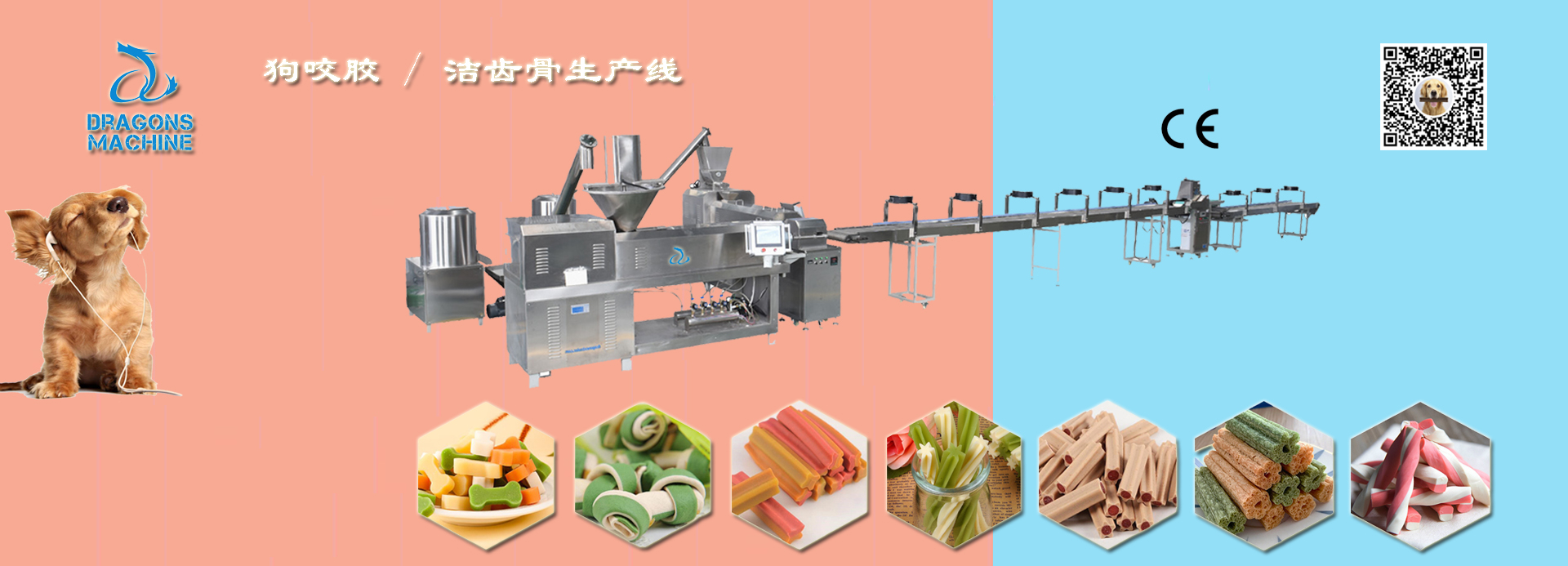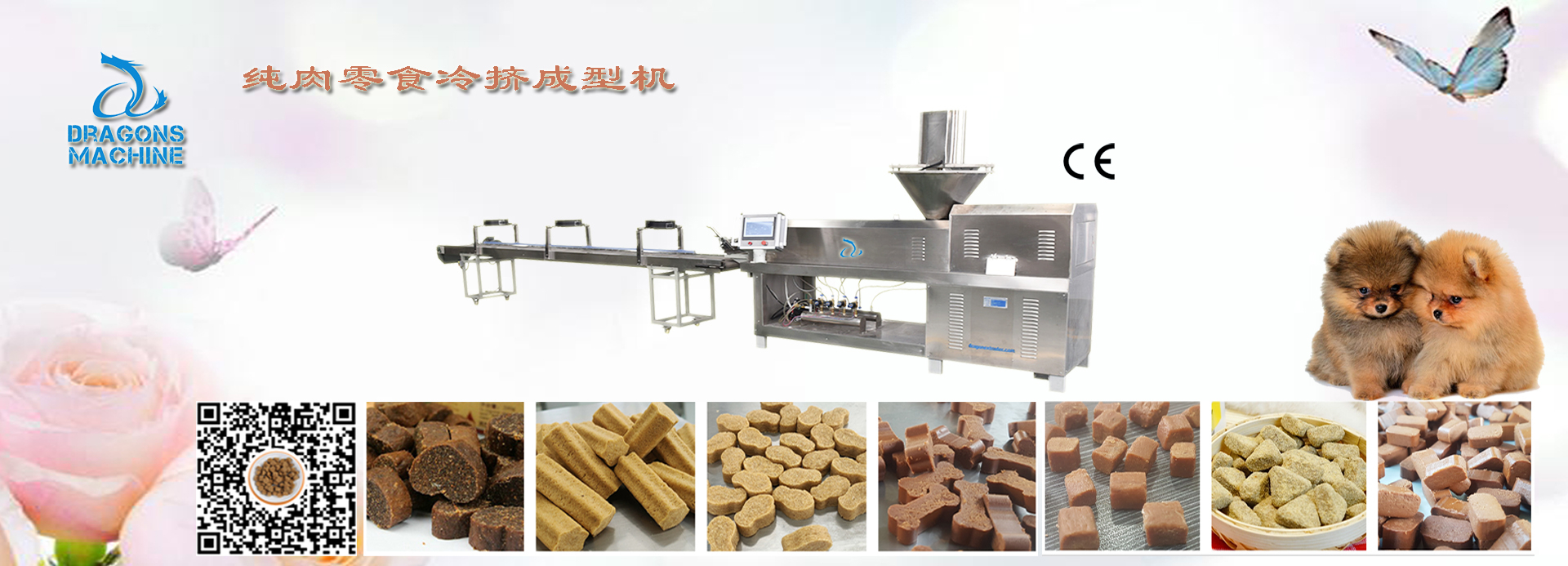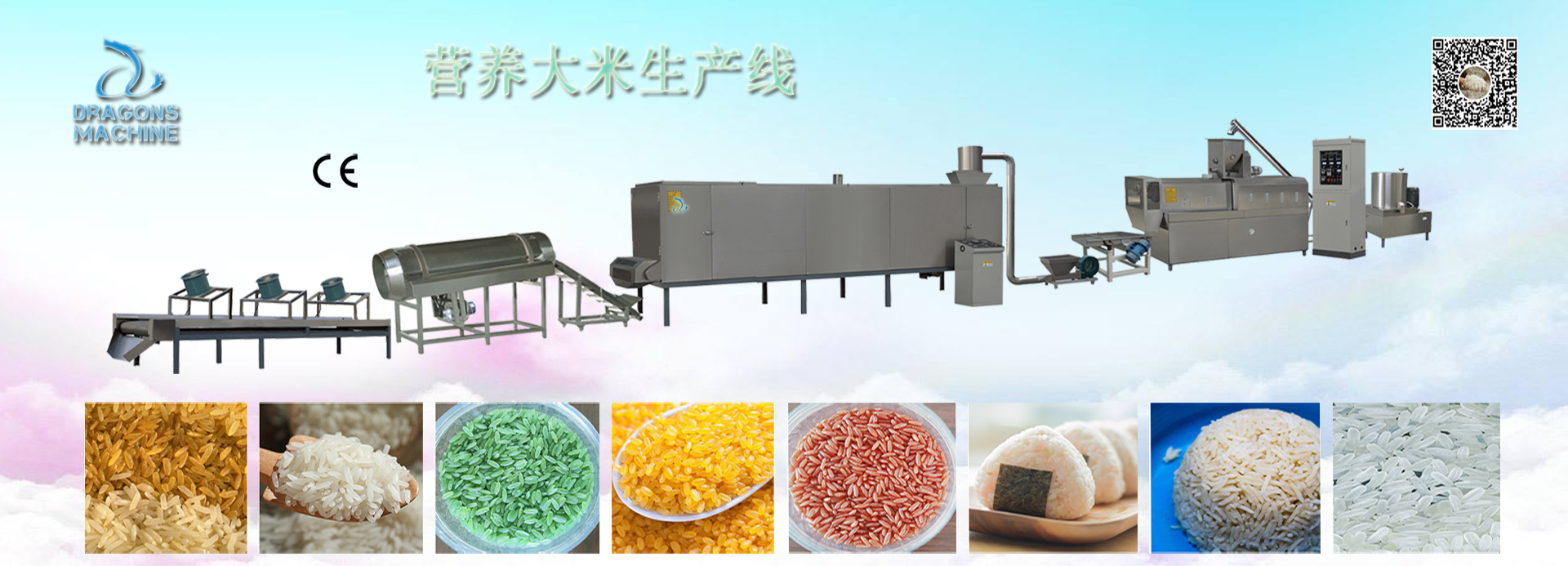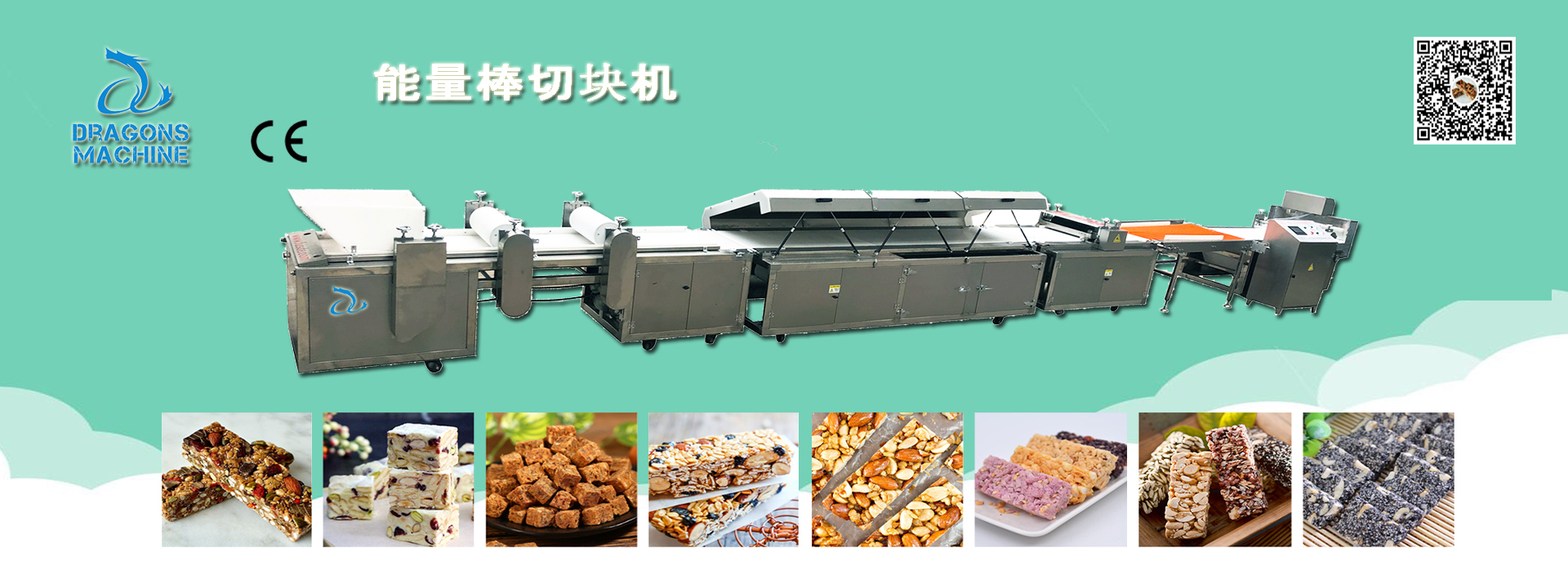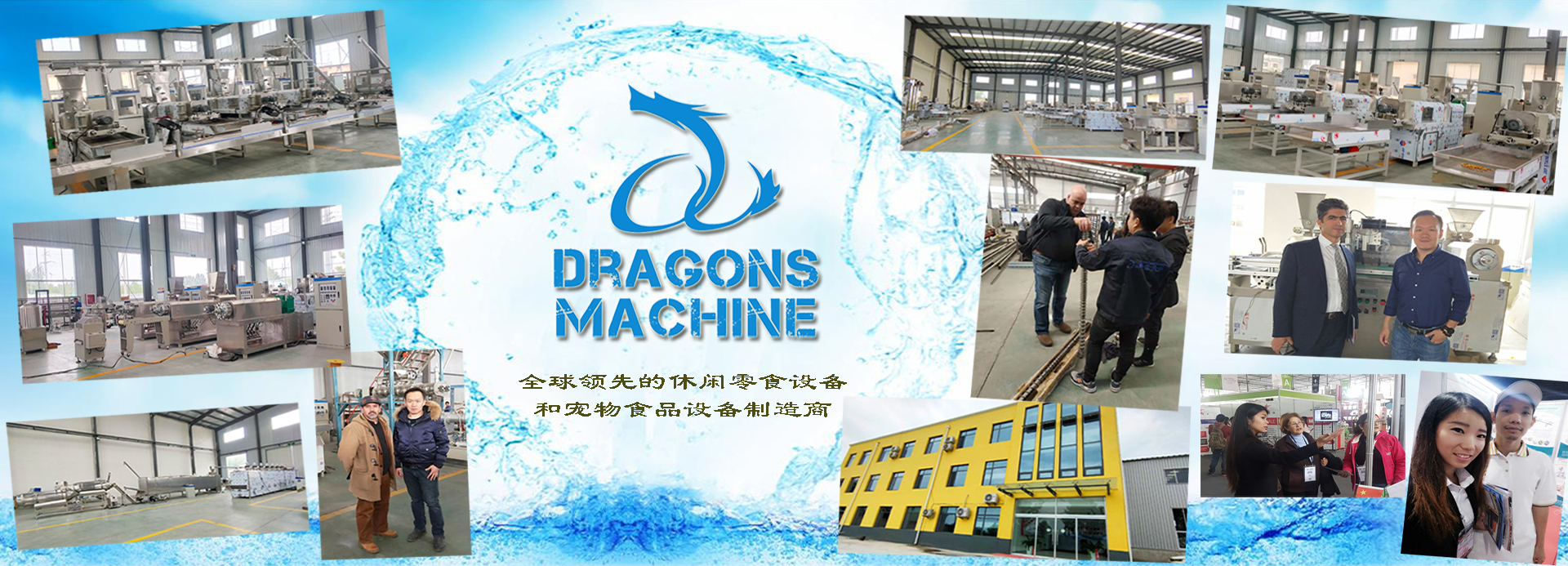When a person thinks of protein powder, the image of a muscular adult comes to mind. Protein powder is often mistaken for something that people who go to the gym consume in large quantities in order to build muscle faster. But your child may also need protein powder -- it can do wonders for your child's physical development.
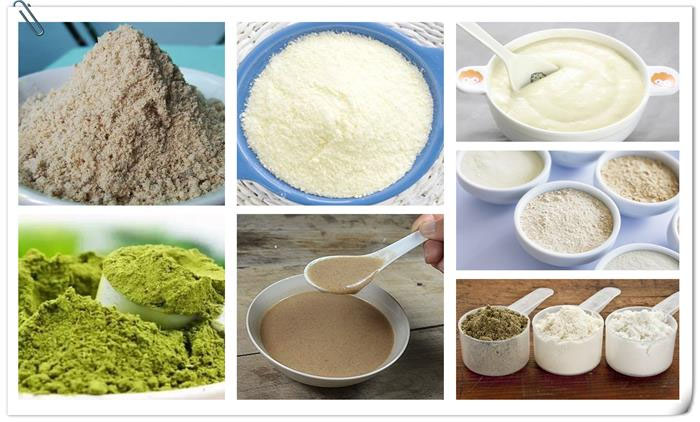
What is protein powder?
Protein powder, as the name implies, consists primarily of protein, which is essential to the body. The three main types of protein powders for children are whey, soy and casein. While all three can be consumed by children, whey protein is primarily recommended by doctors. It is a water-soluble milk protein that contains essential amino acids that play a huge role in your child's development and also helps your child to consume the required amount of protein.
Is protein powder good for my child?
This question is one of the most common questions parents ask before purchasing a protein powder for their child. The stigma surrounding protein powder has grown to such an extent that people believe that consuming it is almost similar to taking steroids, as the powder is mainly consumed by people who go to the gym to build muscles. However, protein powder is absolutely safe for children; although intake should be controlled.
Under normal circumstances, your child will probably get the amount of protein he needs from the daily diet he consumes. Nuts and legumes are rich in protein; if your child consumes enough soy protein shakes, they are not needed. Regular consumption of large amounts of protein can lead to kidney damage and dehydration in children, so extra care needs to be taken to control the amount consumed.
Types of protein powders for children
There are three types of protein powders for children, which are
1. Whey protein powder
This type of protein is also known as "complete" protein because it contains all the essential amino acids that play an important role in the development of children's bodies. Whey protein powder for children is derived from milk; therefore, it is most suitable for small children. Once leucine enters a child's bloodstream, it begins to produce leucine, which is an amino acid.
2. Casein powder
Casein powder also comes from milk, but it does not have all of the above amino acids. Casein is also more difficult to digest, especially for children - your child may feel full longer than usual after consuming casein powder.
3. Soy protein powder
The third powder, soy protein powder is touted as having great benefits for children - however, there is no conclusive evidence to prove this. In fact, soy milk is one of the top eight foods that many children are allergic to. Children who are allergic to dairy products are also usually allergic to soy, and soy milk is not necessarily better than dairy in any way. Therefore, it is best to avoid soy products unless recommended by your doctor.
How do I choose the right protein powder for my child?
Choosing the best protein powder for your child can be difficult; here are some tips you can use.
✱ If you want to buy a whey protein powder for your child, make sure the powder contains whey isolate.
✱ Buy powders with less artificial sweeteners, as they can contribute to childhood obesity.
✱ Choose flavors that are easy for children to eat.
✱ Choose protein isolates rather than concentrates because the former are better and purer than the latter.
✱ The high sugar content of the powder may be counterproductive because it only provides a short-term energy boost for your child.
If your child is not getting enough protein powder through his or her diet, he or she may become a necessity. If you choose to give your child protein powder, don't forget to consult a dietitian about the recommended intake and the drawbacks of your protein powder of choice!



 中文
中文  English
English  Español
Español  Pусский
Pусский  عربى
عربى  日本語
日本語 

